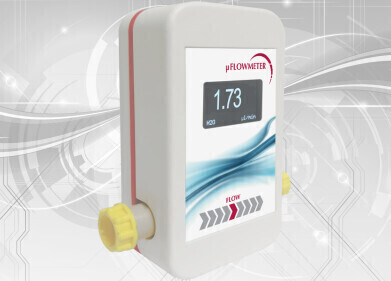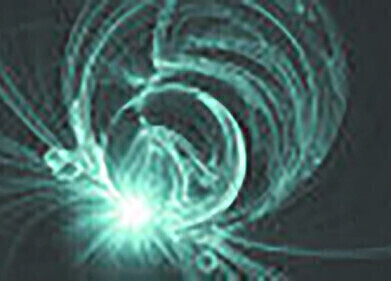LC-MS
Chromatography Finds Falsified Chloroquine Tablets During COVID-19 Pandemic
Jun 25 2020
Since late in 2019 when the coronavirus was first reported the medical world has been on the lookout for a treatment and cure for the disease it caused, COVID-19. Although it normally takes several years for a new drug to be developed and tested, drug companies were changing their priorities and searching for an effective treatment and cure for COVID-19.
Meanwhile, established drugs were considered for the treatment of patients suffering from the new disease on the block. One candidate that was considered as a potential drug for COVID-19 was a drug called chloroquine and its close relative hydroxychloroquine. This drug has been around for a long time and is primarily used as a treatment for malaria. Even US President Donald Trump was eulogising its effectiveness as a treatment and cure for COVID-19. But even during a pandemic fraud is never far away. A paper published in The American Journal of Tropical Medicine and Hygiene reports on falsified chloroquine tablets found in Africa. Luckily, chromatography was on the case.
Searching for a COVID-19 treatment
From early in the pandemic researchers were testing candidate drugs for the treatment of COVID-19. One of the candidates was chloroquine or hydroxychloroquine, a drug used to treat malaria, lupus, and arthritis. The hope was that the drug would either protect someone from the infection or ensure that their symptoms were relatively mild. Coronavirus uses a backdoor method to get into the cell. Once inside it is exposed to the acidic environment which allows the virus to get all the way into the cell. Hydroxychloroquine can help to prevent the acidification of the virus preventing it from getting into the cell.
Faking the drugs that can help
But even in the middle of a pandemic, there are still people who are looking to make a profit by supplying fraudulent and fake drugs. Doctors in Cameroon and the Democratic Republic of Congo found five different types of falsified chloroquine tablets in just five days in early April 2020. They initially identified the tablets using a quick analysis by thin layer chromatography, a technique that is simple to carry out in resource-limited environments.
Subsequent analysis by liquid chromatography-mass spectrometry at a lab in Germany highlighted the extent of the problem. The difficulties in separating chiral compounds like chloroquine is discussed in the article, Trouble with chiral separations. Of the five samples analysed by the lab, four had no chloroquine but contained the active pharmaceutical ingredients paracetamol and metronidazole. The fifth sample contained about one-fifth of the stated dose of chloroquine on the packaging. The work highlights the vigilance that healthcare professionals must use to help protect their patients.
Events
Apr 22 2025 Kintex, South Korea
Analytica Anacon India & IndiaLabExpo
Apr 23 2025 Mumbai, India
Apr 27 2025 Portland, OR, USA
May 11 2025 Vienna, Austria
May 18 2025 Tempe. AZ, USA













